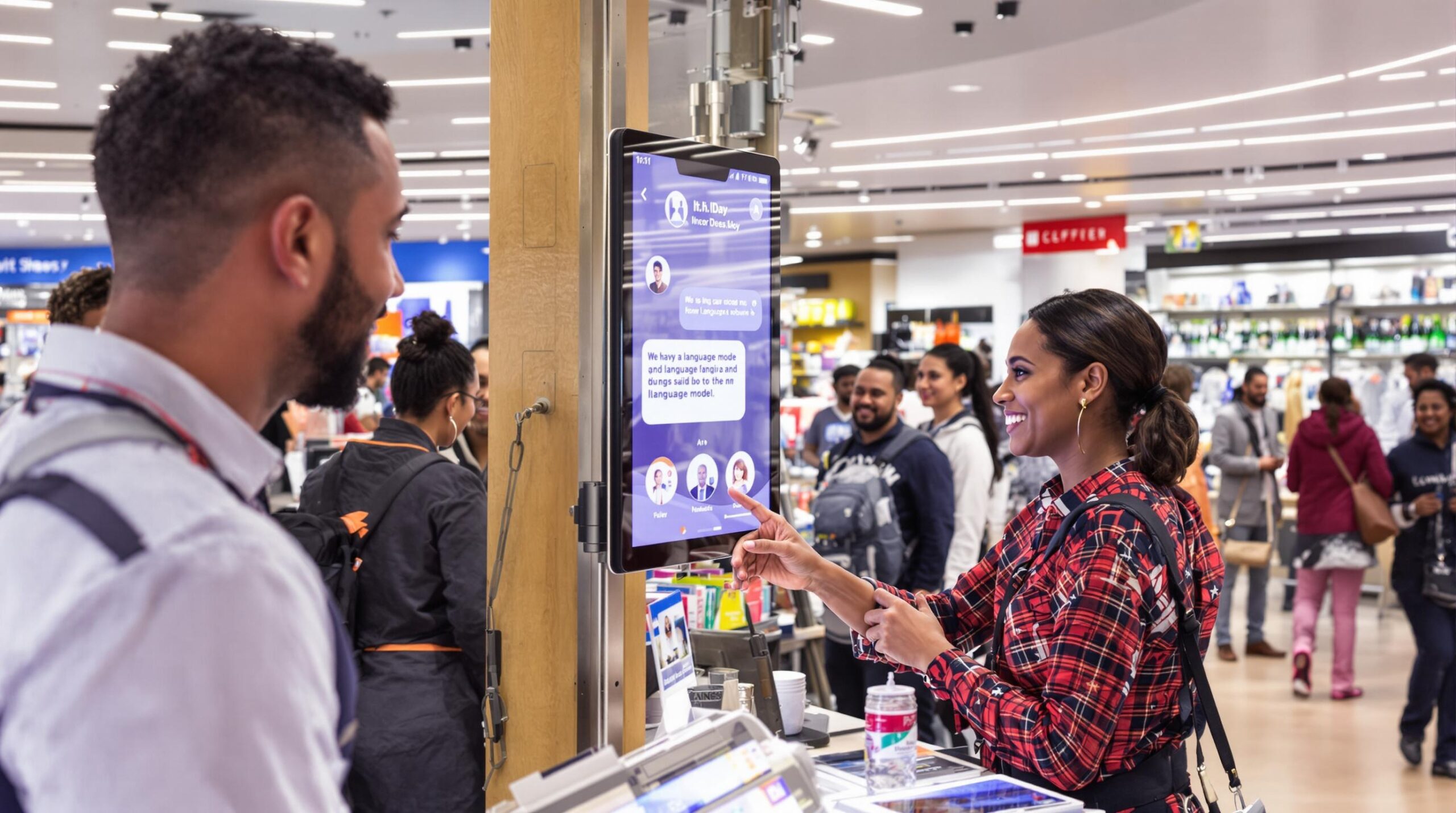AI-driven language models are causing a seismic shift in how retail businesses approach customer service. These advanced technologies analyze, interpret, and generate language, enabling retailers to deliver faster and more personalized support. As artificial intelligence integrates deeper into retail operations, customer experiences evolve in both subtle and transformational ways.
The Emergence of AI Language Models
Artificial intelligence language models such as OpenAI’s GPT series and Google’s BERT have set new standards for natural language understanding. Their ability to comprehend context allows retail companies to handle conversations that go beyond basic scripts. These models continuously improve by learning from millions of interactions, tailoring their responses for relevance and accuracy.
Enhancing Response Times and Availability
One key benefit of AI-driven language systems lies in their capacity for real-time engagement. Virtual assistants powered by these models provide instant answers to routine customer queries. Shoppers no longer have to wait for a human agent to become available, which increases customer satisfaction and retention rates.
24/7 accessibility has become normalized, thanks to artificial intelligence. Retailers can now extend support across all time zones without additional staff. This constant service availability sets new expectations for promptness and reliability, pressuring competitors to modernize their operations.
Personalization at Scale
AI language models analyze historical interactions and customer data to craft personalized responses. For example, they remember previous purchases or preferences, creating tailored product recommendations. This dynamic personalization deepens customer trust and enhances loyalty, resulting in higher lifetime value per shopper.
Unlike manual approaches, AI can personalize communication with thousands of customers simultaneously. Machine learning allows these models to continuously adapt, refining future interactions based on evolving consumer behavior. Automated personalization frees staff for higher-level problem-solving, adding value where it matters most.
Reducing Repetitive Tasks
AI-driven language models handle repeated inquiries such as order status checks or return policies, allowing retail agents to focus elsewhere. This automation lets customer service representatives focus on resolving complex, sensitive issues that truly require human empathy and judgment.
Streamlining simple tasks creates a less stressful environment for employees. Retailers observe higher job satisfaction as agents shift toward rewarding, impactful roles within customer support teams.
Multilingual Support and Global Expansion
Many AI language models excel at multilingual support, removing traditional barriers to global commerce. Retailers can now deploy chatbots and virtual agents that converse fluently in dozens of languages. This ability helps companies reach new markets without hiring native speakers for every language or region.
Scalable multilingual support positions brands as inclusive, trustworthy, and forward-thinking. By offering customer service in native languages, retailers foster deeper relationships and improve brand perception across diverse communities.
Streamlined Product Discovery
Virtual assistants powered by AI guide shoppers through product catalogs with natural language inquiries. Customers simply describe what they need, and AI delivers accurate recommendations based on up-to-date inventory and personalized profiles.
This intuitive product discovery process reduces friction and abandonment rates. Retailers consequently experience higher conversion rates as shoppers quickly locate items that satisfy their needs. Seamless navigation enhances satisfaction and encourages repeat visits.
Data-Driven Insights for Improvement
AI-driven language models don’t just respond to customers—they also collect, analyze, and summarize communication trends. Managers then use this information to identify common pain points or frequently asked questions. These insights help retail leadership modify products, policies, and website layouts proactively.
Continuous learning ensures AI systems stay relevant and effective over time. Retailers gain a feedback loop that drives innovation and fosters a culture of responsive, data-backed decision-making. This iterative improvement process elevates the entire customer service ecosystem.
Minimizing Human Error and Ensuring Consistency
Even the best human agents are vulnerable to fatigue, distractions, or inconsistent messaging. AI models, on the other hand, deliver reliable information uniformly every time. Consistency ensures that every customer receives accurate, on-brand support regardless of when or how they engage.
Retailers can easily update AI scripts and training data as policies change, guaranteeing current information is always shared. Reliable support builds consumer trust and strengthens brand reputation in crowded marketplaces.
Challenges and Limitations
Despite substantial advantages, AI-driven customer service also faces challenges. Sometimes, language models misinterpret context, which results in unsatisfactory or tone-deaf replies. Retailers must balance automation with human oversight to ensure empathy remains central to their brand promise.
Another concern centers on data privacy and ethical use. Retailers must rigorously safeguard consumer information while maintaining transparent AI operations. Addressing these challenges requires ongoing investment in monitoring, training, and technology updates.
The Collaborative Future of AI and Human Agents
The future of retail customer service will combine the strengths of both AI and human expertise. AI-driven models handle routine and data-heavy exchanges quickly, while trained agents manage complex cases requiring empathy or nuanced judgment.
This hybrid approach optimizes resources and delivers best-in-class experiences for every scenario. As AI models become more sophisticated, seamless collaboration with human agents will define industry leaders. Retailers that master this balance will set themselves apart from competitors.
Conclusion: AI’s Lasting Impact on Retail Customer Service
AI-driven language models are transforming retail customer service operations on every level. Faster response times, scalable personalization, and multilingual support are quickly becoming standard. As businesses adapt, these tools drive innovation, reshape consumer expectations, and strengthen brand loyalty.
The proactive use of artificial intelligence ensures customer support remains agile and competitive in a rapidly evolving landscape. Retailers willing to invest in this technology—and address its challenges—will enjoy lasting advantages for years to come.


